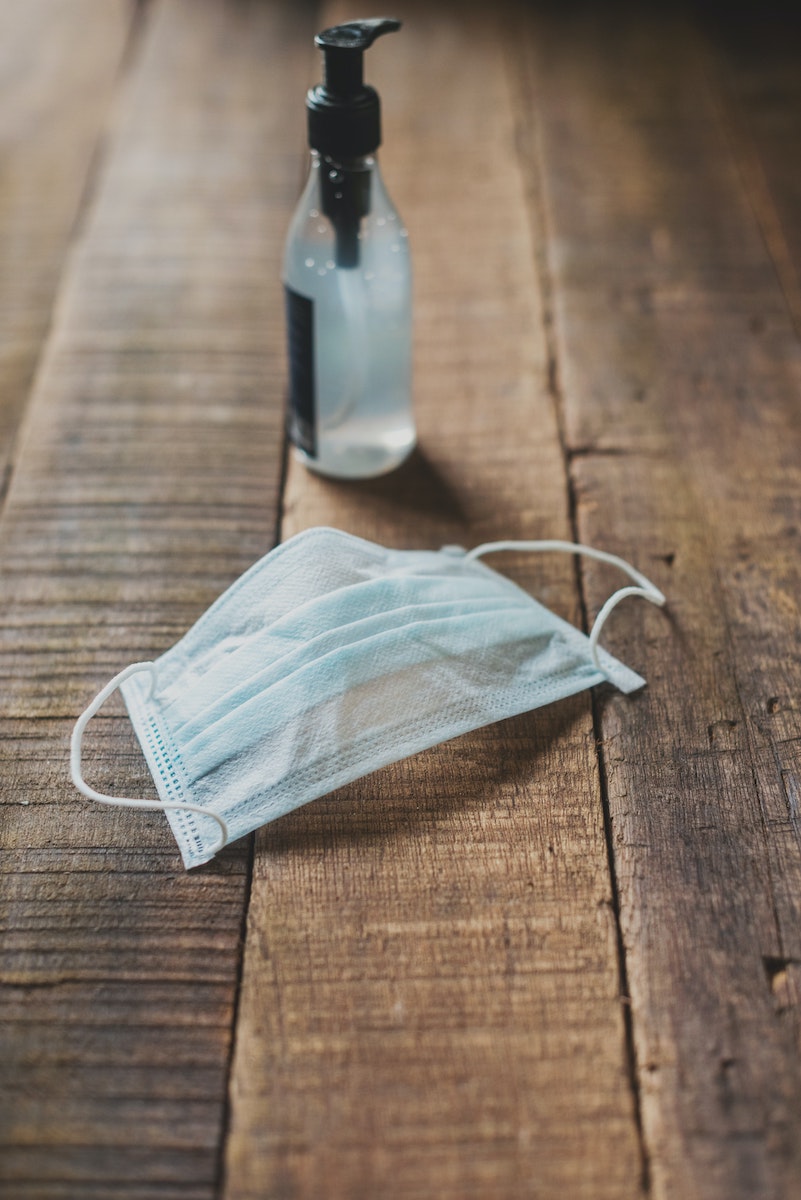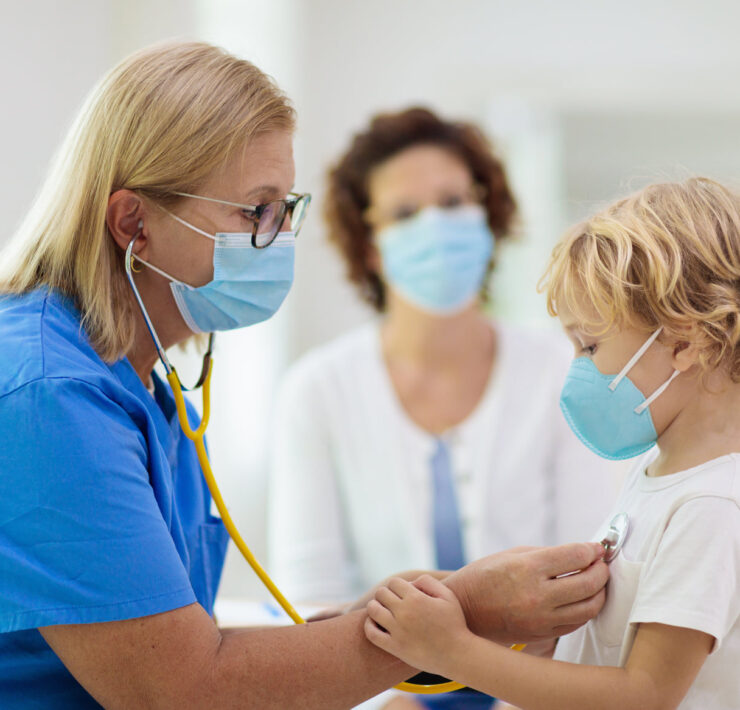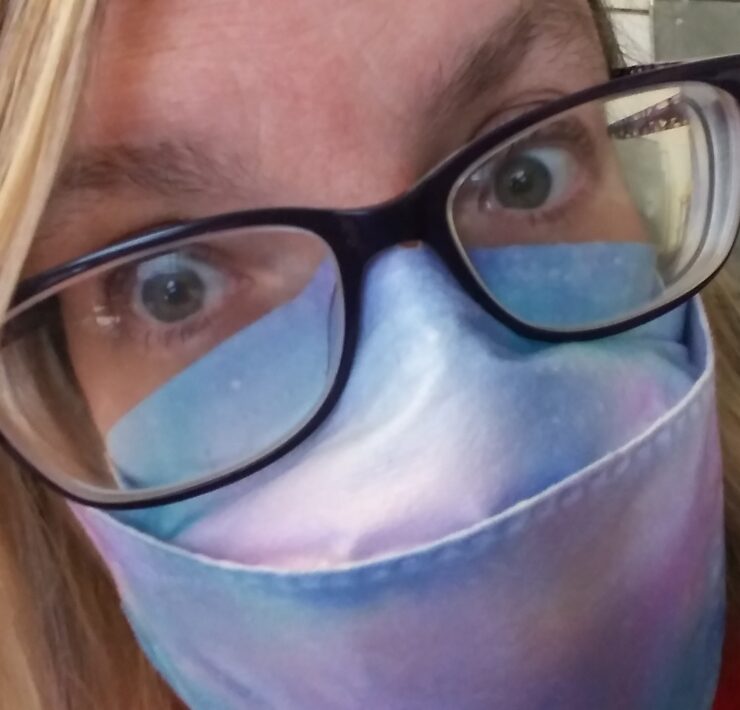As Summer 2022 Ends, COVID-19 Presses On

According to a CDC report released last week, the high level of immunity coupled with the availability of vaccines has reduced the overall risk of infection and medically significant illness surrounding COVID-19. At this point in the pandemic, most Americans are either fully vaccinated or have some immunity from previous infection.
However, the pandemic isn’t over. Colorado Governor Jared Polis signed an executive order last week to extend the COVID-19 disaster declaration, set to last 30 days from August 17 unless further extended. Additionally, schools are starting up again and flu season around the corner, so it’s a good time to review what we know and form a plan for moving forward.
Having up-to-date vaccinations is still the most effective way to prevent infection and post-infection symptoms. Evidence has shown that vaccination leads to a lower rate of COVID-associated hospitalization and death, particularly in adults 65 and older. Booster shots have also proven effective against the waning immunity from the first round of shots, and the CDC is encouraging boosters for all to reduce the impacts of symptomatic infection.
For immunocompromised individuals, preventative prophylaxis is available in the form of Evusheld, which has proved effective in reducing exposure to the virus. Several antiviral medications have also been authorized for use in those infected with COVID-19, including Paxlovid, Veklury, and monoclonal antibody therapies. A federal initiative called Test to Treat hopes to facilitate access to medications for individuals who have received a positive SARS-CoV2 diagnosis.
The CDC is no longer recommending contact tracing except in healthcare and settings that have a large volume of people congregating, such as nursing homes and rehab centers. It is still recommended to wear a mask for up to 10 days after contact with a known infected person and testing within five days. Deciding which measures to take to prevent COVID infection depends on your exposure risk and the risk of getting infected within your community.
Denver K-12 schools are no longer requiring masks on school grounds or transportation, though masks are still highly encouraged. In Colorado, contact tracing is no longer required in schools per the Colorado Department of Public Health and Environment, though the CDPHE is offering a free and voluntary COVID-19 screening program that schools can choose to enroll in. Schools may also opt in to host vaccination events for students.
Boosters are still recommended to keep up immunity that may be waning after the first series of vaccines. The CDC is recommending at least a single booster shot three to five months after the first series of vaccines for everyone 12 or older, and two boosters for adults 50 or older or those who are immunocompromised. You can find a vaccine center and information about receiving a booster shot here.
With public health as important now as it’s ever been, and with the current spread of monkeypox, it’s important to help contain infectious disease to keep our communities healthy. With the right information and resources, we can all play a part in reducing the effects of this pandemic.
For more information about COVID-19 and vaccines, check out the CDPHE website.










